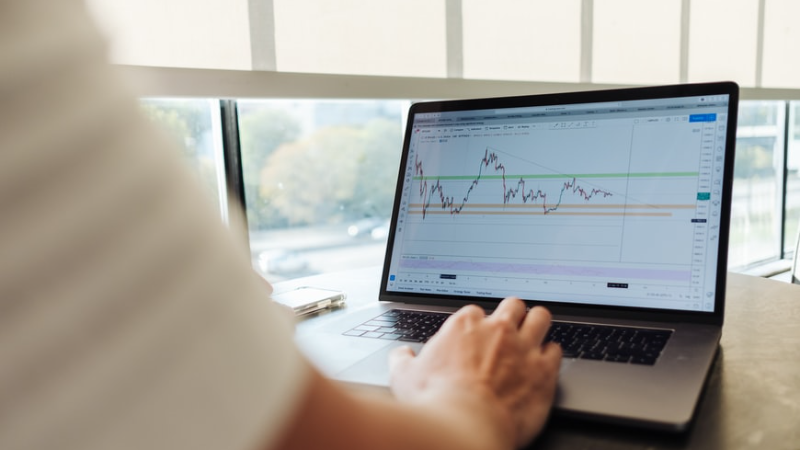Fears about higher interest rates in the U.S and a spike in coronavirus cases in Asia triggered a sell-off in stock markets Thursday. The Shanghai, Tokyo, Hong Kong, and Sydney market benchmarks indicated a big sell-off.
The U.S. stock market fell after several reports released by the government revealed that the country's economy grew at a stronger-than-expected rate in the second quarter. This data reinforced the view that the Federal Reserve will continue raising interest rates to keep inflation under control.
According to Sam Stovall, a market analyst at CFRA, investors are worried that the Fed will raise rates too quickly and cause inflation to remain elevated. Stovall also noted that the central bank might not be able to put a pause in its rate-hike cycle.
"Investors are worried about the Fed meeting coming up, and because inflation is expected to remain stubbornly elevated the Fed probably won't get away with front-end loading the rate tightening cycle and then pausing in the fall," said Stovall.
The S&P 500 index fell 0.7% to 4,101.23, while the Dow Jones Industrial Average lost 0.5% to 32,813.23. The tech-heavy Nasdaq Composite index also fell 0.7% to 11,994.46. Small-cap stocks also took a hit, with the Russell 2000 index dropping 0.5% to 1,854.82.



The market's daily swings have become a regular occurrence as investors worry that the Fed will raise interest rates too aggressively and put the country's economy into a recession. Even if the central bank can avoid a recession, higher rates will put downward pressure on the stock market and other investments. Aside from the Fed's rate hike, other factors such as the war in Ukraine and China's implementation of anti-COVID-19 regulations have also weighed on markets.
Federal Reserve to continue raising interest rates
The Fed signaled last week that it could raise its key interest rate by another double-digit percentage at its upcoming meetings. Although some investors believed the central bank might pause its rate hike in September, Wednesday's manufacturing report kept the speculations.
The report showed that U.S. manufacturing grew at a stronger-than-expected rate in June. It also showed that job openings remained at a record high of 11 million. Despite the lackluster report, the unemployment rate remained at 5.5%.
On Wednesday, the stocks of travel-related companies were among the biggest decliners on Wall Street as investors grew concerned that inflation was affecting their earnings.
Delta Air Lines' stock price fell 5.2% after it expected to spend about $3.60 to $3.70 per gallon for fuel this quarter, which is higher than its previous estimate of around $3.35. Even excluding fuel, the company noted that its expenses could increase by up to 22%, higher than its earlier forecast of 17%.
Asia's market performance
In China, the restrictions on COVID-19 infection are back in Hong Kong as the number of cases continues to rise. The country has also implemented a zero-COVID strategy, which involves isolating those who came into contact with infected individuals.
The lackluster mood on Wall Street is expected to keep Asian markets in check today. According to Yeap Jun Rong, a market analyst at IG in Singapore, Chinese stocks are likely to follow their Western counterparts lower.
"The dampened mood in Wall Street may not provide much positive backdrop for the Asia's session today, with U.S.-listed Chinese stocks falling in tandem with their Western counterparts overnight," said Rong.
The benchmark Japanese stock index fell 0.3% to 27,367.82, while the S&P/ASX 200 in Australia lost 0.9% to 7,172.80. In other markets, the Shanghai Composite Index fell 0.3% to 3,172.66, while the Hong Kong Hang Seng dropped 1.5% to 20,982.29.



